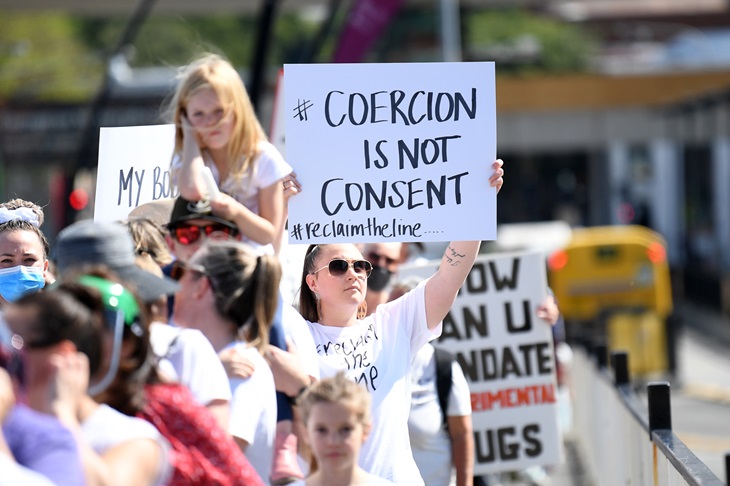The decision handed down in Queensland’s Supreme Court ruling vaccine mandates imposed on police and public health workers unlawful and ineffective was the right decision, but the approach adopted by the Court should give freedom-minded Australians pause for thought.
Regardless of anyone’s opinion about the vaccines developed in response to the Covid pandemic, many Australians reasonably felt that governments forcing citizens to take the vaccine in exchange for keeping their jobs offended basic ideas of human autonomy and human rights.
There were a number of Queensland police and public health workers who, despite such mandates, made a decision not to take Covid...
Already a subscriber? Log in
Subscribe for just $2 a week
Try a month of The Spectator Australia absolutely free and without commitment. Not only that but – if you choose to continue – you’ll pay just $2 a week for your first year.
- Unlimited access to spectator.com.au and app
- The weekly edition on the Spectator Australia app
- Spectator podcasts and newsletters
- Full access to spectator.co.uk


























Comments
Don't miss out
Join the conversation with other Spectator Australia readers. Subscribe to leave a comment.
SUBSCRIBEAlready a subscriber? Log in